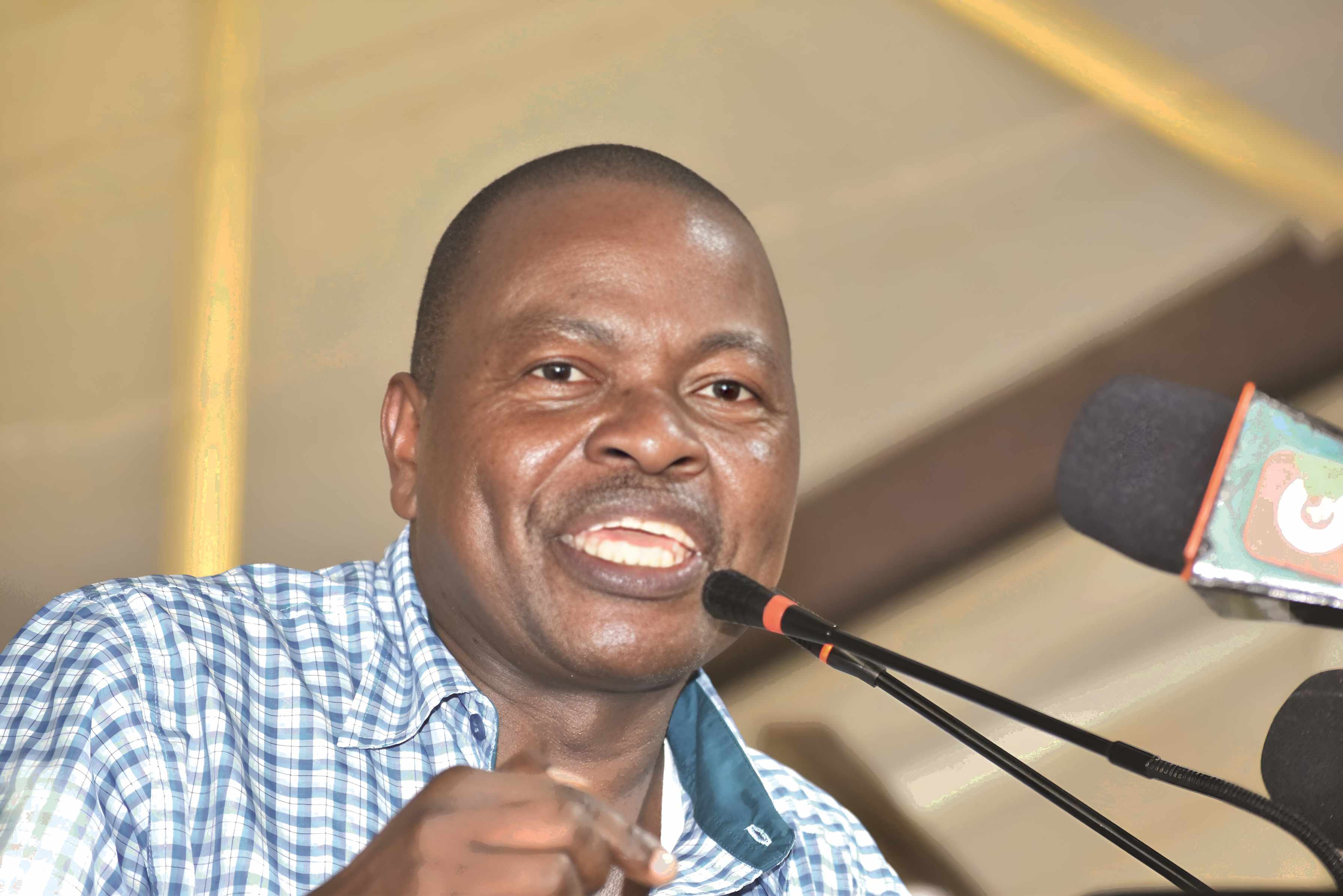KUPPET: Cutting hardship zones ignores realities on the ground

The union says the current hardship zone list fails to cover all affected teachers.
The Kenya Union of Post Primary Education Teachers (KUPPET) has dismissed government plans to cut the number of hardship zones, urging the Teachers Service Commission to gazette more areas facing insecurity, poverty, and underdevelopment.
The union says the current hardship zone list fails to cover all affected teachers.
Speaking to journalists, KUPPET secretary general Akelo Misori said the government’s move to reduce hardship areas is unfair and risks worsening the situation for teachers already working under difficult conditions.
“KUPPET rejects the gazette notices or policy regulations that usurp the power of Parliament,” he said.
Misori was responding to a statement by Prime Cabinet Secretary Musalia Mudavadi, who told Parliament the government intends to implement a 2019 report that would rationalise hardship zones and save Sh6 billion annually.
According to the plan, hardship allowances would drop from Sh25 billion to Sh19 billion across the public service.
However, Kuppet insists the move ignores realities on the ground.
“Instead of reducing the number of hardship zones, we demand the immediate gazettment of new hardship areas as recommended by Parliament,” Misori said.
He noted that many teachers work in areas still affected by insecurity, human-wildlife conflict, and marginalisation but receive no allowance.
The union wants Chepalungu, Chonyi, Nyatike West, Nyatike North, Rachuonyo North, Mwala, and Kalama sub-counties in Bomet, Kilifi, and Machakos counties added to the list.
Currently, the teaching service recognises 44 hardship zones, compared to 21 in the Judiciary and 16 for the civil service and other State bodies.
Misori added that the hardship allowance — 30% of basic pay for teachers in those zones — was achieved through consistent efforts by the union, not government generosity.
He warned that any reversal would demotivate teachers and damage services in already struggling regions.
Mudavadi said the planned changes were informed by field visits and data from the Kenya National Bureau of Statistics, the Commission on Revenue Allocation, and other agencies.
But KUPPET believes any policy on hardship pay must first reflect the reality faced by teachers on the ground.
